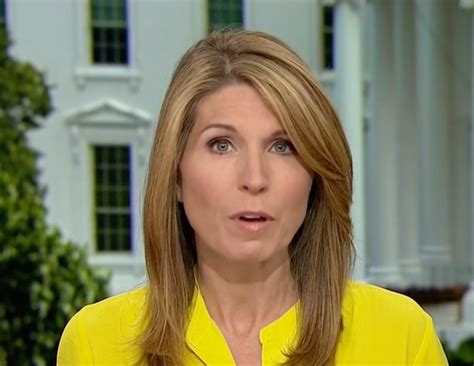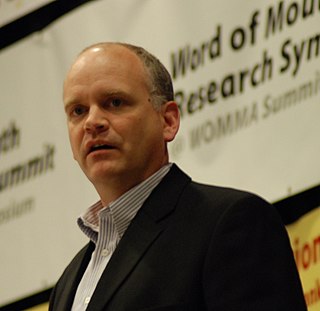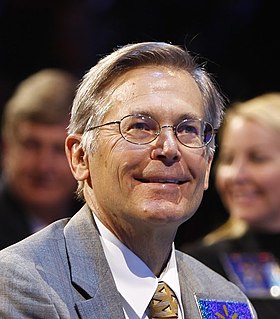A Quote by Naomi Klein
As I was writing 'The Shock Doctrine', I was covering the Iraq War and profiteering from the war, and I started to see these patterns repeat in the aftermath of natural disasters, like the Asian tsunami and then Hurricane Katrina.
Related Quotes
Bhagavad Gita is very relevant to modern times when you see things like global warming, climate chaos, changing weather patterns, natural disasters like hurricane Katrina, extreme poverty, economic disparities, social injustice, war, and terrorism - these are the projection of a collective consciousness that's in disarray.
People always related to President Bush, but in the aftermath of Hurricane Katrina and the Iraq War, his numbers collapsed because people didn't feel like he handled those properly. Obama is the inverse. He was elected because he was an extraordinary guy, but the fact that he isn't ordinary has turned out to be politically damaging.
Corporations often partner with government after natural disasters, as many companies did in the aftermath of Hurricane Katrina in 2005. As a rule, however, long-term civic/corporate partnerships are still rare .But this need not remain the status quo, as many opportunities are available for such partnerships.
I often notice how students can gain the capacity to use certain critical methodologies through engaging with very different texts - how a graphic novel about gentrification and an anthology about Hurricane Katrina and a journalistic account of war profiteering might all lead to very similar classroom conversations and critical engagement. I'm particularly interested in this when teaching law students who often resist reading interdisciplinary materials or materials they interpret as too theoretical.
America is at war with itself because it's basically declared war not only on any sense of democratic idealism, but it's declared war on all the institutions that make democracy possible. And we see it with the war on public schools. We see it with the war on education. We see it with the war on the healthcare system.
































